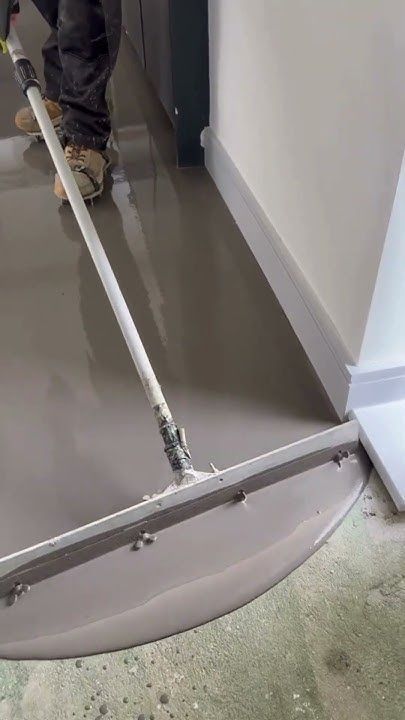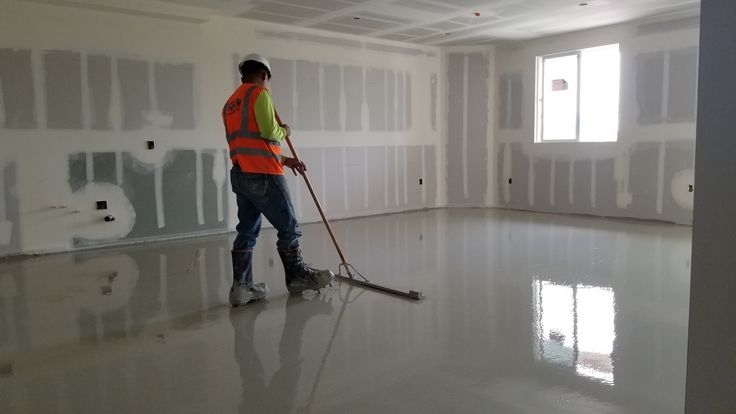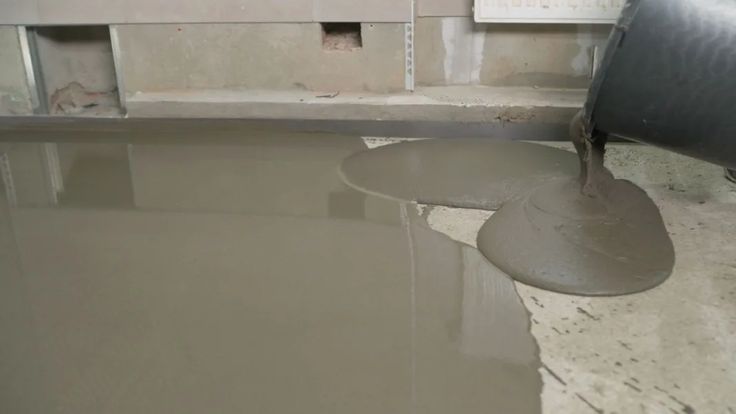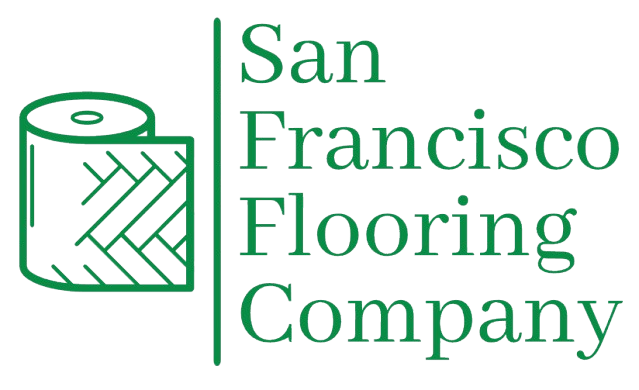San Francisco Flooring Company: Self-Leveling Floor Systems in San Francisco, CA
Self-leveling floor systems are an innovative solution for creating smooth, even surfaces in homes and businesses. With our services at the San Francisco Flooring Company, we ensure that your floors not only look great but also enhance the functionality of your space. These systems are ideal for various projects, whether you are renovating an existing floor or starting fresh in new construction.
We understand the importance of a level floor as it can affect the overall appearance and safety of your space. Our experienced team uses high-quality materials and advanced techniques to provide a durable finish. This investment really pays off in giving your floors the support they need and a professional look.
Choosing self-leveling solutions can simplify installation and maintenance while boosting your floor’s performance. From residential to commercial projects, we have the expertise to meet your flooring needs effectively. We'll help you transform your floors into a stunning foundation for your environment.
Why Pick Us
With our experience, quality materials, and commitment to customer satisfaction, we aim to make your flooring project a success.
Experience and Expertise
Our team has years of experience in flooring services. We understand the unique challenges that come with leveling floors in different spaces. This knowledge helps us deliver high-quality results.
Quality Materials
We use only top-grade materials for our projects. This ensures that your floors are durable and long-lasting. Our materials are designed to withstand wear and tear, providing you with a reliable surface.
Customer Satisfaction
We prioritize our clients and their needs. We take the time to listen to your requirements and preferences. Our goal is to provide a flooring solution that meets your expectations and enhances your space.
Types of Self-Leveling Floor Systems We Offer
We provide a variety of self-leveling floor systems to meet different needs. Each type has unique features and benefits.
Cement-Based Self-Levelers
Cement-based self-levelers are known for their strength and durability. These materials are perfect for high-traffic areas and can handle heavy loads. They create a solid and smooth surface that bonds well to existing floors.
Installation is straightforward, making them ideal for both residential and commercial projects. After mixing with water, the compound is poured onto the floor. It spreads out evenly, filling in low spots.
These self-levelers typically dry quickly, allowing for fast project completion. They can be used under almost any flooring type, making them versatile. Some key benefits include:
- High compressive strength
- Quick drying time
- Versatile applications

Gypsum-Based Self-Levelers
Gypsum-based self-levelers are lightweight and known for their ease of use. They are especially useful in residential applications and areas with lower traffic. These self-levelers create a smooth surface ideal for finishing.
We often recommend these for projects involving vinyl, tile, or carpet flooring. Installation involves mixing gypsum with water and pouring it onto the floor. It spreads evenly, filling imperfections quickly.
One key advantage is their excellent sound-dampening properties. This makes them perfect for multi-family homes or apartments. Notable features include:
- Lightweight material
- Sound insulation
- Smooth finish

Polymer-Modified Self-Levelers
Polymer-modified self-levelers combine the features of cement and polymer for increased flexibility. This type is great for areas exposed to moisture, making them ideal for bathrooms and kitchens. Their added flexibility helps prevent cracking.
Installation is similar to that of cement-based self-levelers. The polymer enhances adhesion and durability, making them last longer. They also cure more quickly, allowing flooring to be installed sooner.
These self-levelers are perfect for both residential and commercial spaces. Key benefits are:
- High flexibility
- Moisture resistance
- Quick cure time

Benefits of Self-Leveling Floor Systems
Durability and Longevity
We find self-leveling floors are designed to withstand significant wear and tear. Made from high-quality materials like epoxy or polymer, they resist cracking, fading, and other forms of damage.
Key features include:
- Impact resistance: They handle heavy objects without sustaining damage.
- Moisture resistance: Suitable for wet areas, they prevent water damage.
- Chemical resistance: Ideal for industrial settings, they resist spills from chemicals.
These features ensure that self-leveling floors last for many years, reducing the need for frequent replacements.
Ease of Maintenance
Maintenance is an important factor in flooring choice. Self-leveling floors are easy to clean and maintain. Their smooth surfaces prevent dirt and grime buildup.
Benefits include:
- Simple cleaning: Regular sweeping and mopping keep them looking new.
- Stain resistant: Most spills can be wiped away quickly.
- No grout lines: Unlike tiled floors, these systems don’t have grout, making them easier to maintain.
We appreciate that their low-maintenance nature saves time and effort, making them an excellent choice for busy environments.
Aesthetics and Versatility
Aesthetic appeal is crucial in any space. Self-leveling floor systems are available in various colors, finishes, and styles. This versatility allows us to customize our flooring to match any design.
Options include:
- Various colors: We can choose from solid colors or decorative blends.
- Glossy or matte finishes: Different finishes cater to different tastes.
- Design flexibility: We can pour the systems in unique shapes and layouts.
These features make self-leveling floors suitable for residential, commercial, and industrial settings, enhancing their appeal and functionality.
FAQs
San Francisco Flooring Company offers many options to suit different needs and budgets. We've compiled answers to common questions about trends, costs, installation, and more.
What is the process for installing a self-leveling floor system?
The installation process begins with preparing the subfloor. We clean the surface and fix any major imperfections. Next, we mix the self-leveling compound and pour it evenly across the area. The compound spreads out to create a flat surface as it cures.
Can I use a self-leveling compound on a wood subfloor?
Yes, we can use a self-leveling compound on a wood subfloor. However, proper preparation is essential. This may include installing a cement backer board to ensure stability and prevent moisture issues.
What are the main advantages of opting for a self-leveling floor system?
Self-leveling floor systems provide a smooth surface for various flooring types. They can fix uneven floors, reduce the need for additional materials, and save time during the installation. They also improve the overall appearance of the space.
How long does it take for a self-leveling compound to cure?
Curing time can vary. Typically, self-leveling compounds can set in about 24 hours for light foot traffic. Full curing might take several days, depending on the thickness and specific product used.
Is it necessary to hire a professional for self-leveling floor installation?
While some DIY enthusiasts may consider it, we recommend hiring a professional. Proper installation ensures that the compound sets correctly and prevents future problems. Our experience can lead to better results and a longer-lasting floor.
